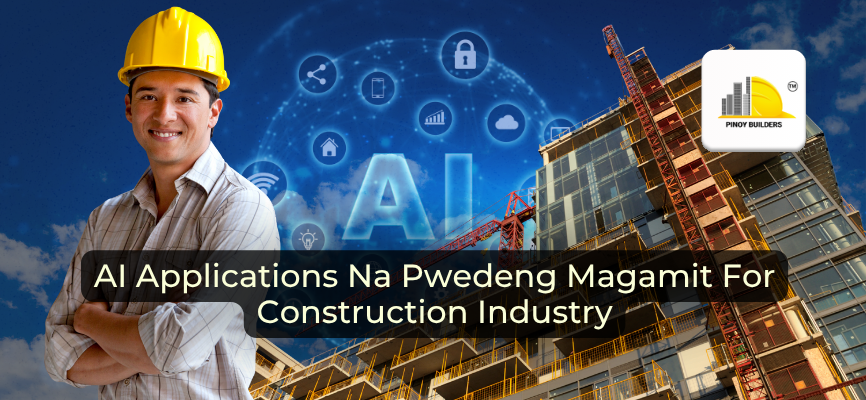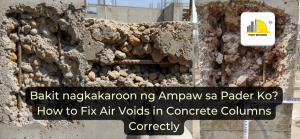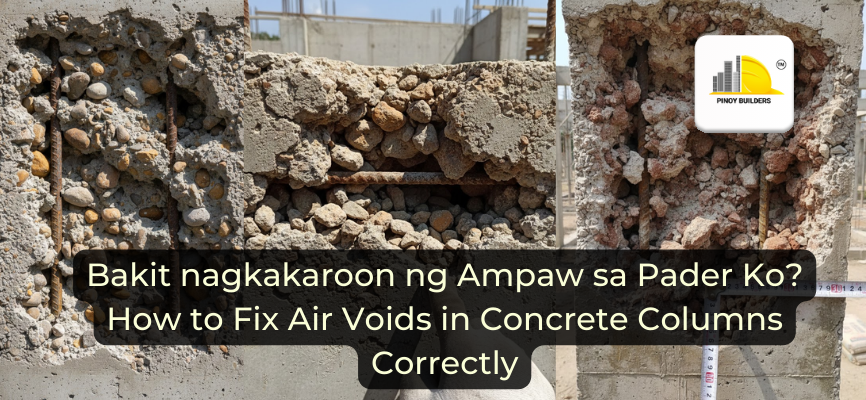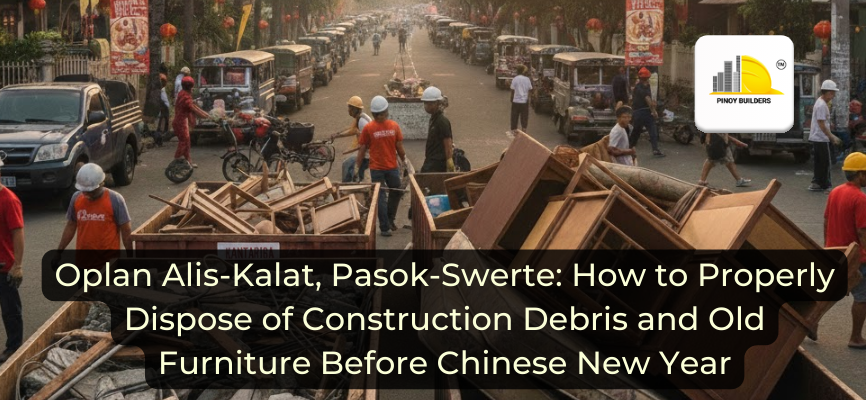Across the Philippines and around the world, companies are finding new ways to make their work faster, safer, and more efficient through artificial intelligence. From planning and design to project monitoring and quality control, AI tools are a great solution that saves time, reduces costs, and helps the business make better decisions.
The changes AI delivers extend beyond the four corners of the drawing room and into the worksite, collecting project data, predicting delays, and even assisting with on-site tasks using robotics and sensors. The result is a more connected and productive construction process that keeps projects running smoothly.
In this article, we will take a look at how AI applications are being used in the construction industry, the challenges local construction businesses face in adopting AI, and how they can help deliver faster, better results on every project.
How AI Speeds Up and Improves Construction Projects
AI brings real advantages to the construction industry, helping projects move faster and maintain quality from start to finish. Far from being just computer programs, AI tools are now designed to deliver high-impact results that go beyond simple data generation. In construction, their applications continue to expand, transforming how projects are executed.
Here are some key AI tools that make a difference:
- AI-Powered Scheduling Tools – Automation and data-driven planning help keep schedules on track. AI-powered scheduling tools can anticipate delays and adjust tasks in real time, ensuring projects progress smoothly.
- Smart Sensors and AI analytics – AI predictive maintenance monitors machinery to detect early signs of wear. Maintenance can be performed before issues escalate, minimizing downtime from unexpected repairs.
- AI Tracking Systems – AI helps teams make smarter use of resources. Smart tracking systems calculate the exact materials needed to reduce waste and unnecessary spending. This results in a more organized construction site and optimized budgets.
Using these tools, construction teams can save time and achieve consistent quality throughout their projects. With these benefits, AI helps construction projects to become both faster to build and better in practically every detail.
Challenges That Keep Some Companies Behind
But even with the growing buzz around AI, many construction firms, especially in the Philippines, are still finding their footing. Data from the 2025 State of Technology in Construction report shows that while 82% of organizations have an AI strategy, most use only “consumer-grade tools” rather than leveraging AI for more integral processes such as data analysis and strategic decision-making.
The thing is, many companies are already recognizing AI’s value. Yet, their use of the tech barely extends beyond entry-level, limited to trials or small-scale applications rather than full integration into everyday workflows.
Here are some of the key factors slowing wider adoption:
- Limited Digital Maturity – Many companies are still exploring how to integrate AI into their daily operations. Awareness and investment are there, but application maturity is still developing.
- Skills and Expertise Gaps – Technology in construction continues to evolve, but the talent pool hasn’t caught up just yet. Workers and leaders alike need stronger digital and analytical skills to manage AI tools effectively.
- High Investment Costs – Firms need secure cloud systems, data upgrades, and employee training. For smaller companies, these expenses can feel overwhelming.
- Data Security Concerns – Cybersecurity remains a growing priority as construction companies handle increasing volumes of digital data. Without reliable systems in place, many hesitate to expand AI use.
- Fragmented Adoption – Larger firms are more likely to use real-time AI insights across multiple departments, while smaller companies often focus on specific areas like planning or maintenance. This creates uneven adoption, where AI works well in some teams but doesn’t yet drive decisions across the entire organization.
These challenges highlight that the construction sector is still in the early stages of digital maturity. The potential is clear, but building the right foundation (people, skills, systems, and strategy) is what turns AI from a test tool into a true business advantage. The challenge now is for local construction firms to accelerate their adoption of AI before the development pushes them further from progress.
Building Smarter with AI
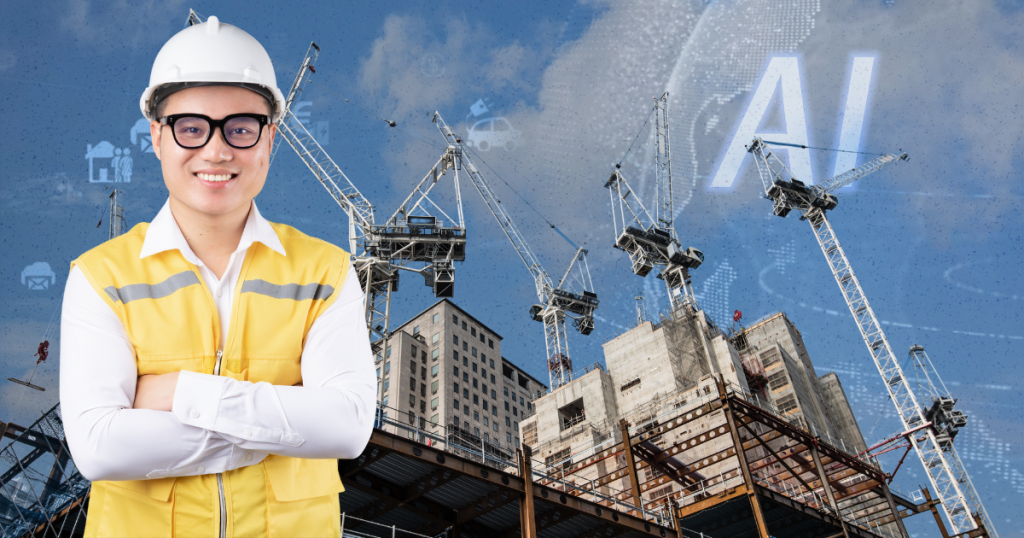
AI is transforming construction into a faster, smarter, and more efficient industry. From shortening project timelines to improving resource management, AI solutions are helping teams work more effectively.
Adoption is growing steadily, and accessible tools enable companies to start reaping benefits today. Integrating AI opens the door to smarter building processes, making every project an opportunity to build better and faster.
References
Construction firms invest in AI – but most still at “entry level”. (n.d.). Digital Construction Today. https://www.pbctoday.co.uk/news/digital-construction-news/construction-technology-news/construction-firms-invest-ai-most-still-entry-level/153945/
The state of technology in the construction industry 2025 research report. (2025, July 31). Wipfli. Retrieved October 30, 2025, from https://www.wipfli.com/insights/research/cns-tc-state-of-the-construction-industry-2025-research-report


